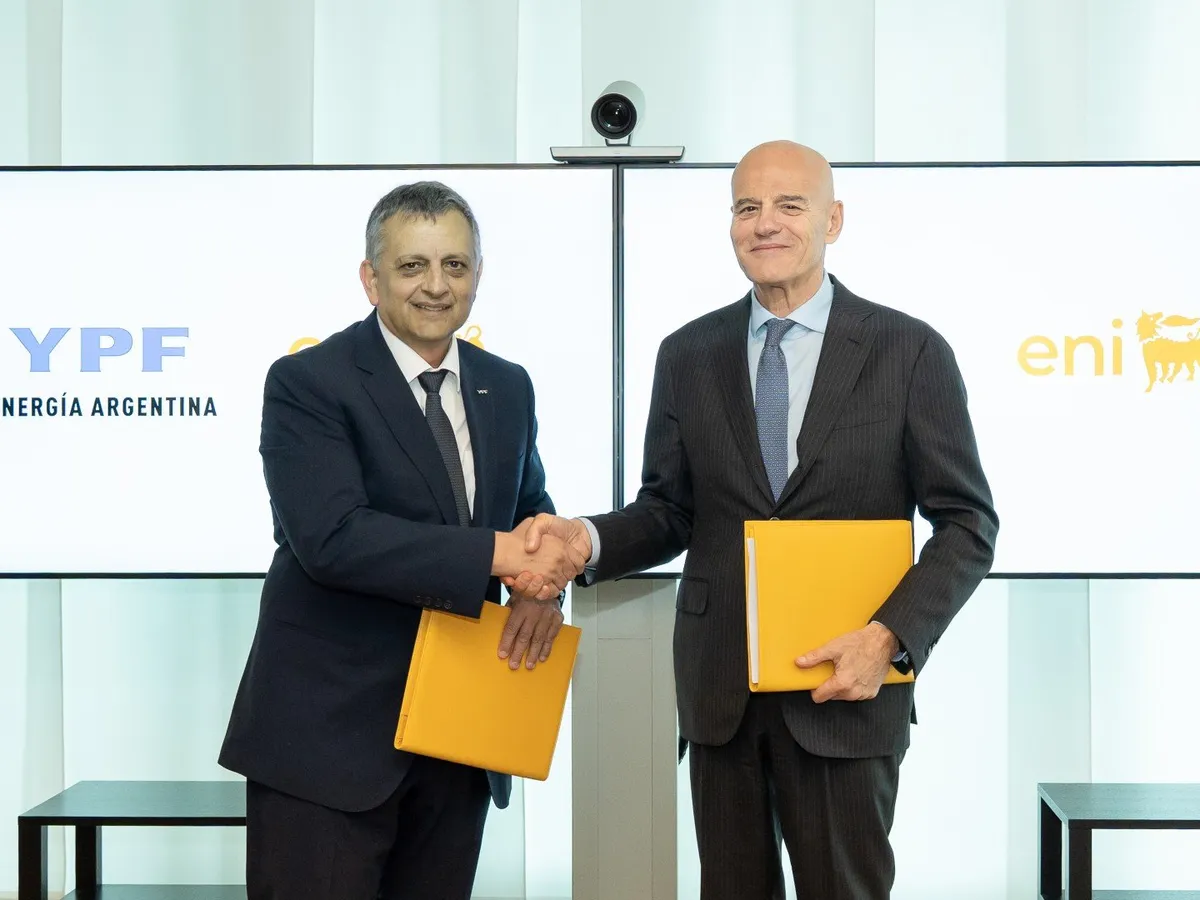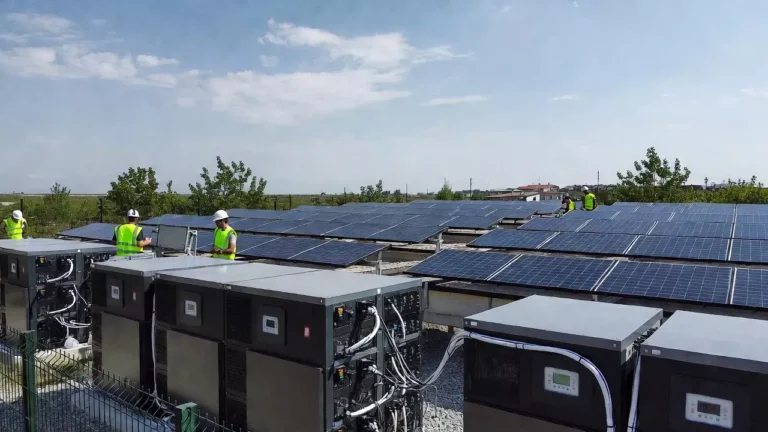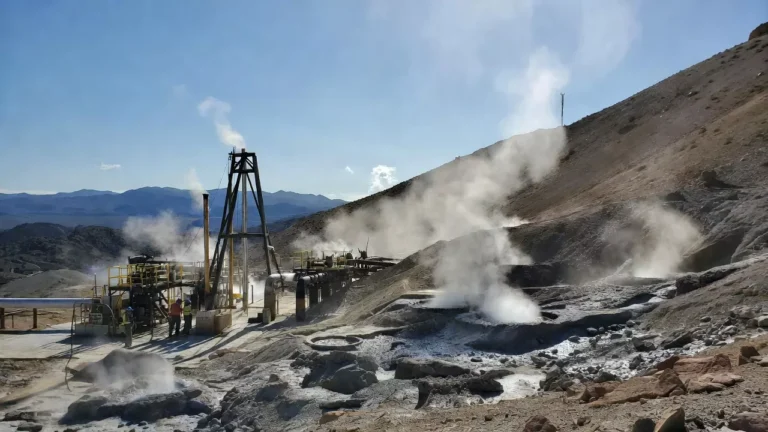
Eni and YPF Advance Strategic Agreement for Argentina LNG Project
In a significant development for the global energy sector, Eni, the Italian multinational energy company, and Argentina’s leading state-run energy firm, YPF, have officially signed an agreement to collaborate on the Argentina LNG (ARGLNG) project. The signing took place during a high-level diplomatic meeting between Argentine President Javier Milei and Italian Prime Minister Giorgia Meloni, underscoring the project’s geopolitical and economic importance.
A Milestone in Bilateral Energy Cooperation
This agreement marks a pivotal milestone in the deepening partnership between Italy and Argentina in the field of energy. It outlines a comprehensive roadmap for achieving the final investment decision (FID) related to the initial phase of the ARGLNG project. The scope includes the development and integration of key infrastructure necessary for the production, treatment, transportation, and liquefaction of natural gas. Notably, this phase will utilize floating liquefied natural gas (FLNG) units with a total capacity of 12 million tons per annum (MTPA).
The project serves as a cornerstone in Argentina’s broader strategy to capitalize on its vast natural gas reserves, particularly those found in the Vaca Muerta shale formation—one of the largest unconventional gas fields in the world. Simultaneously, it aligns with Eni’s long-term strategy to expand its global LNG portfolio while supporting energy transition goals and ensuring energy security.
Argentina LNG: A Global-Scale Project
The Argentina LNG project is envisioned as a fully integrated, large-scale upstream and midstream gas development initiative. Its objective is to unlock the immense potential of Argentina’s Vaca Muerta formation and position the country as a key LNG supplier to global markets. By 2030, the project aims to export up to 30 million tons of LNG annually through a phased implementation plan.
The initial phase will concentrate on building the necessary infrastructure, including gas production facilities at the field level, processing and treatment units, transportation systems, and offshore floating liquefaction plants. These floating units are considered a technically and economically efficient solution for the liquefaction and export of natural gas, especially in regions lacking extensive onshore LNG infrastructure.
Eni: A Strategic and Technical Partner
Eni’s selection as YPF’s strategic partner for the ARGLNG project reflects its globally recognized expertise in LNG technology and project execution. The company has already demonstrated successful implementation of floating LNG projects in Congo and Mozambique, earning a reputation for efficiency, safety, and timely delivery. These credentials were key factors in Eni’s inclusion in the ARGLNG project.
Moreover, Eni’s strong capabilities in handling complex energy infrastructure projects make it an ideal partner for such an ambitious initiative. Its experience across the LNG value chain—from upstream resource development to midstream infrastructure and global LNG marketing—positions the company to play a central role in the realization of Argentina’s energy export ambitions.
Strengthening the Energy Transition Agenda
The agreement signed by Eni and YPF also aligns with broader energy transition objectives. Eni has committed to achieving carbon neutrality by 2050 and views natural gas as a critical component in reducing the global carbon footprint. Through initiatives like ARGLNG, the company aims to develop lower-carbon energy sources while enhancing global energy security and affordability.
Natural gas, with its lower greenhouse gas emissions compared to coal and oil, is widely considered a bridge fuel in the global transition toward a cleaner energy future. By expanding LNG production and export capacity, Eni is not only addressing growing global demand for cleaner fuels but also contributing to emission reductions in countries that rely on imported LNG for their energy needs.
Previous Milestones and the Road Ahead
This agreement builds upon the Memorandum of Understanding (MoU) signed on April 14, 2025, which outlined the initial terms of cooperation and mutual intent to jointly develop the ARGLNG project. The current agreement takes this collaboration a step further by formally setting the course toward a final investment decision.
With this agreement in place, the focus will now shift to detailed engineering studies, financial planning, environmental assessments, and regulatory approvals. Both companies are expected to work closely with stakeholders, including Argentine government agencies, international investors, and technology providers, to ensure a seamless progression toward the construction and commissioning phases.
Once operational, ARGLNG is expected to significantly enhance Argentina’s role in the global LNG market. It will provide the country with a steady stream of foreign exchange revenue, create thousands of direct and indirect jobs, and catalyze further investments in the energy sector. For Eni, it represents a strategic foothold in one of the most promising energy markets in the Southern Hemisphere.
Strategic Implications for Argentina
For Argentina, the ARGLNG project represents a transformative opportunity to reshape its energy landscape and economy. Despite being rich in energy resources, the country has long grappled with infrastructure limitations and investment challenges that have hindered full-scale development and export of its gas reserves.
With international partners like Eni bringing technical expertise and financial resources, Argentina stands a better chance of overcoming these barriers. The project will not only boost energy exports but also foster industrial development in regions surrounding Vaca Muerta and the Atlantic coast, where the LNG infrastructure will be located.
Additionally, by exporting LNG, Argentina will be able to diversify its economic base, reduce its reliance on volatile commodity markets, and enhance its geopolitical influence as a reliable energy supplier to Europe and Asia.










